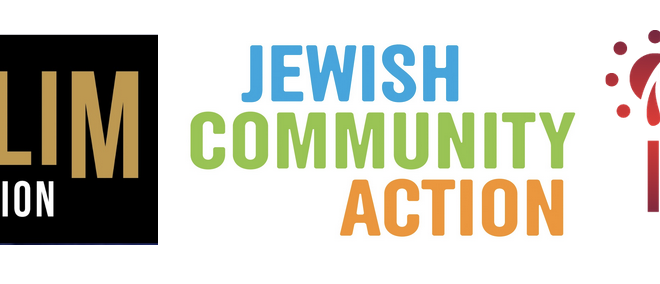Health Experts Say Paid Leave Policies Create Better Health Outcomes
Commissioner of Health, Dr. Edward Ehlinger, and other health experts, joined faith and community leaders at the State Capitol for a press conference to bring attention to a new report released by the Minnesota Department of Health (MDH) with research that shows paid sick leave, paid family leave and other workplace policies that support job stability play a significant role in improving and supporting the health of families and communities.

“It is a crisis when parents are being forced to choose between keeping their job or caring for their family members,” said Rev. Benjamin Sandin, pastor at House of Prayer Lutheran Church in Richfield. “But this is a reality for too many workers; and it has negative consequences on the physical and spiritual well-being of our families and communities. Our economy must work for all people and our workplace should serve human dignity.”
The report written by MDH shows that supporting workers to care for those who depend on them is an effective approach for improving health. “Public health experts have acknowledged the positive health impacts of both family and sick leave benefits,” said Kristen Godfrey President of the Minnesota Public Health Association. “Earned sick and family leave slows the spread of infectious disease, decreases caregiver stress, and improves health outcomes for babies and children. This is the right thing to do for the health of all Minnesotans.
According to a recent study done by the Minnesota Budget Project, about 1.1 million Minnesota workers do not have access to any earned sick leave. The problem is particularly common among part-time workers. People of color are more likely to have no earned sick days: In Minnesota, 60 percent of Hispanic workers and 47 percent of African-American workers do not have paid sick leave.
Ramon Hernandez is a member of the Latino worker center, Centro de Trabajadores Unido en Lucha (CTUL), and works for Kellermer Bergensons Services cleaning a Best Buy store. “We work hard every day to ensure the health of the community as we clean stores in the Twin Cities. Yet many cleaning companies put this in jeopardy by not providing paid sick days. Nobody should have to choose between taking their child to the doctor or sending them to school sick because they fear losing their job.”
According to the White Paper on Paid Family Leave from MDH, this reality has devastating health impacts:
- Policies like paid sick leave are associated with decreased spread of infectious disease, better management of chronic disease, and decreased recovery time from illnesses.
- Workplace policies such as paid family leave are shown to decrease infant mortality and maternal depression because it would allow new parents time to bond with their child.
- Major race–based differences exist with people of color having less access to paid leave policies.
Verne Severson is a member of ISAIAH and a small business owner of Forward Pay Systems Inc., in Eden Prairie. “Employees are at their best when they can stay home when they are sick or when they need to care for their families,” he said. “This way they get better faster, they don’t spread their illnesses to other employees and they are committed to their work because they are treated with dignity. I am committed to doing all I can for the health and well-being of my employees and their families because it is the right thing to do and ultimately good for business.”
Many of the participants of the press conference went door to door to visit with legislators and urged them to support pending legislation that would provide paid family leave and paid sick time for all working families.
Related Posts
Categories
- Announcements (11)
- Childcare (8)
- Community Safety (10)
- Criminal Justice (18)
- Democracy (28)
- Economy & Jobs (27)
- Education (16)
- Environment (11)
- Faith (15)
- Health (22)
- Housing (30)
- Immigration (31)
- Islam (11)
- Newsletter (34)
- One Body (2)
- Other Issue Work (14)
- Public Safety (3)
- Report (7)
- Transit (19)
- Uncategorized (40)
- Working Families (18)


